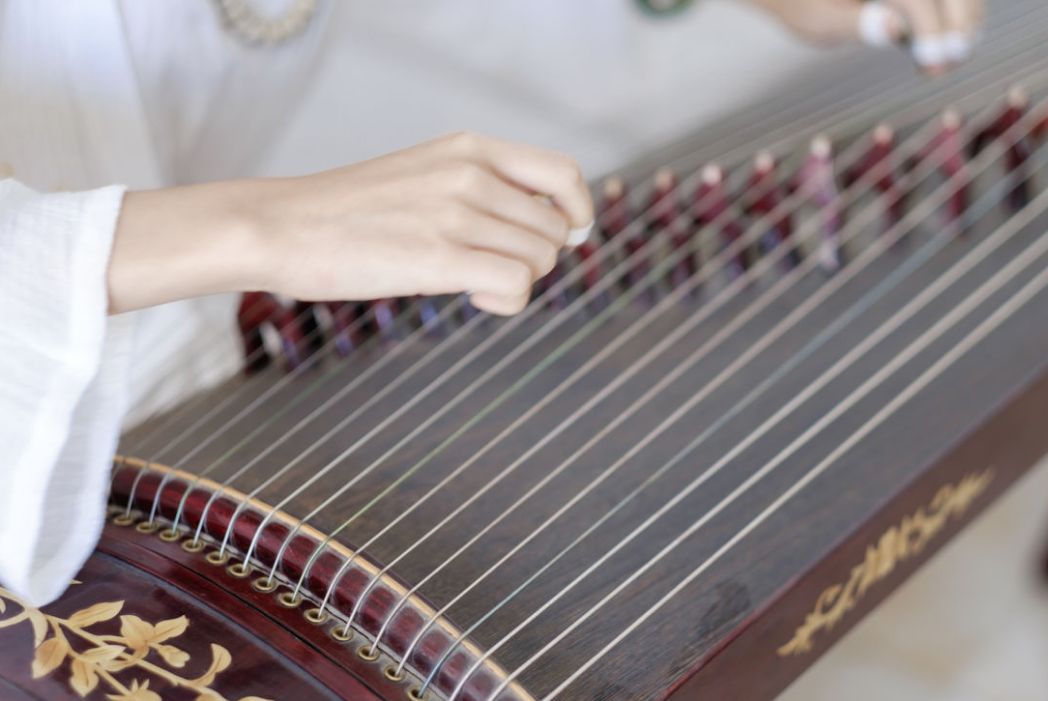Carrying forward the music culture of Zheng plays the charm and charm of Hakka Zheng
Recently, the "Inheritance and Development of Chinese Guzheng" academic seminar sponsored by the "Inheritance and Development of Chinese Guzheng" project team of China Conservatory of Music was held online. It was sponsored by the Cultural Masters and "Four Batch" talent project of the Propaganda Department of the Central Committee. Choi Kwai, a non-inheritors of Tai Po Cantonese Hank County, and Law Chi-huen, former President of Tai Po Cantonese Hank Society, attended and spoke at the seminar.

The seminar was presided over by Professor Wang Zhongshan, the project leader, Deputy Director of the Department of traditional Chinese Music of China Conservatory of Music, doctoral supervisor and member of the Academic committee of the college. Among the experts attending the meeting, there are representatives of folk zheng music school, representatives of music schools and groups, and representatives of zheng music theory scholars. Focusing on the current situation of the domestic zheng music school and the current development of contemporary zheng music art, the audience made speeches around the theme and jointly explored the inheritance path and development direction of Chinese Zheng music art from different perspectives. In the seminar, the famous Hakka zheng song "Jackdaw Playing in the Water" was played by Fan Yongfan, a municipal non-genetic inheritor of Meizhou Hakka Zheng, and CAI Kui, a county non-genetic inheritor of Guangdong Hanle in Tai Po.
In the seminar, CAI Kui introduced the musical culture soil of the coexistence of Hakka Zheng and Guangdong Han music, the musical characteristics and development of Guangdong Han music, and promoted Guangdong Han music and Tai Po in the seminar. He said that, as the "hometown of Guangdong Han-music", with its good mass base and high attention from the county Party committee and government, Tai Po has set up Guangdong Han-music Research Association in Tai Po County, Guangdong Han-Music Troupe in Tai Po County, Women's Chinese Orchestra in Tai Po County, etc., actively holding Han-music art performances, free summer training courses and campus activities of Guangdong Han-music, vigorously promoting the inheritance and development of Guangdong Han-music. In the meantime, CAI invited Luo Qixuan, former president of Tai Po Guangdong Han Music Research Association, to introduce the general situation of the Guangdong Han Music Research Association, hoping that scholars from all over the world would pay more attention to the Hakka zheng and contribute wisdom to its inheritance and development.
Professor Wang Zhongshan responded that Hakka music has the ancient charm of Central Plains. At present, Hakka Zheng is weak in music schools. As a zheng master active in Tai Po, Meizhou, Mr. CAI Kui has not been studying the Hakka zheng for a long time, but through his musical talent and efforts, his works are full of charm and charm of the Hakka zheng, and he has made contributions to the inheritance and development of the Hakka zheng. It is hoped that the delegates from Meizhou will take an active part in the establishment of an academic exchange platform between the private sector and professional colleges in the future and continue to further promote Zheng music culture.
It is reported that Guzheng is a strumming instrument. It is an ancient ethnic instrument of the Han people and is popular all over China. After thousands of years of development, there are four major schools of Hakka Zheng, Chaozhou Zheng, Shandong Zheng and Henan Zheng. In the information age, how to better inherit and develop the art of Chinese guzheng has become an important topic of the project team for the inheritance and development of Chinese Guzheng. In the early stage of the project, the project team sent a professional filming team to Nanyang in Henan Province, Heze in Shandong Province, Shantou in Guangdong Province, Meizhou in Guangdong Province, Shanghai and other places for recording. In July 2022, the project team sent a professional film team to Meizhou Liangsheng Art Center to record two famous Hakka zheng songs for CAI Kui, namely "Wind Blowing Song" with Guzheng band and "Daws Playing in Water" played by Guzheng duo.
 渝公网安备 50010702504639号
渝公网安备 50010702504639号